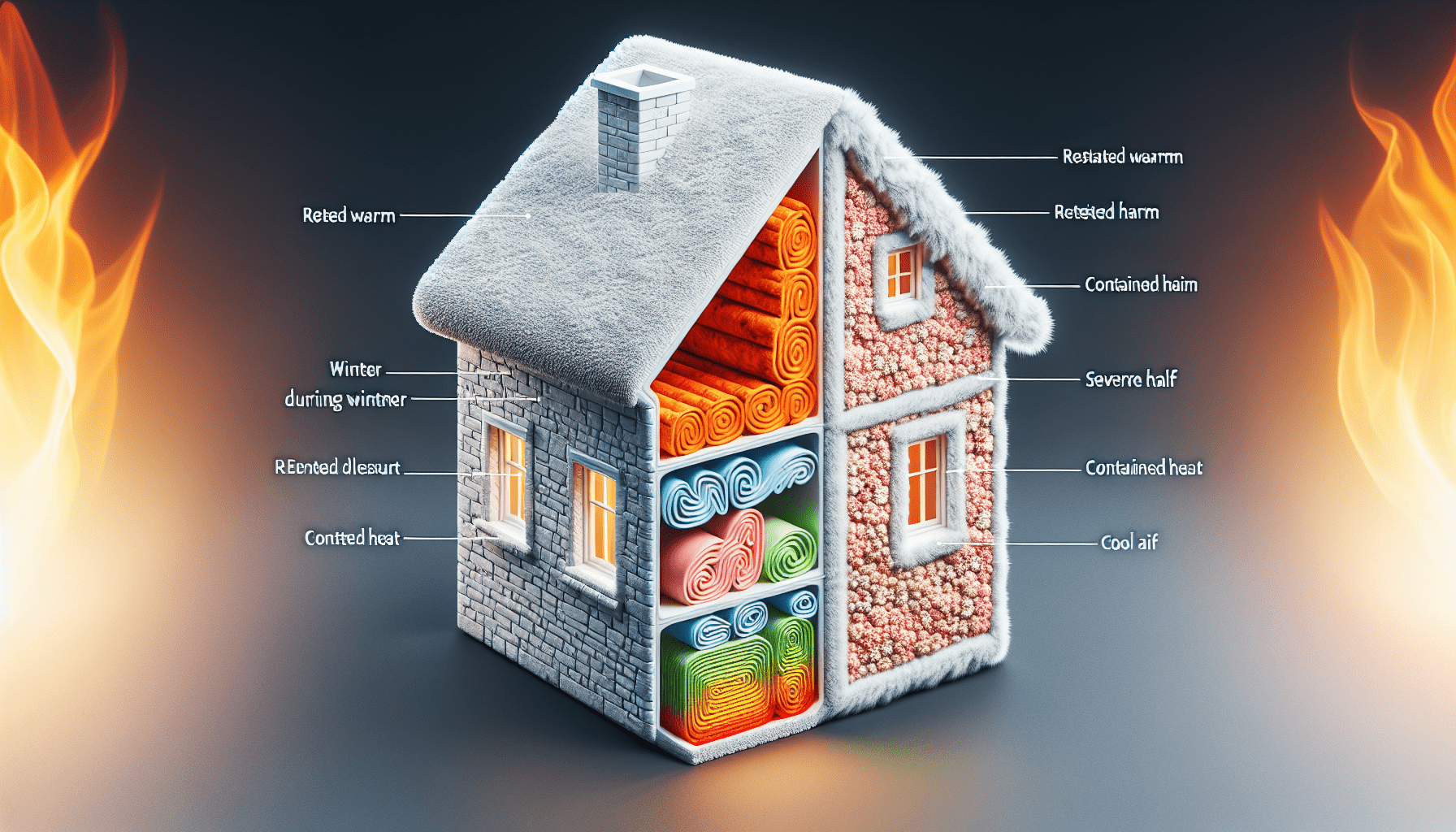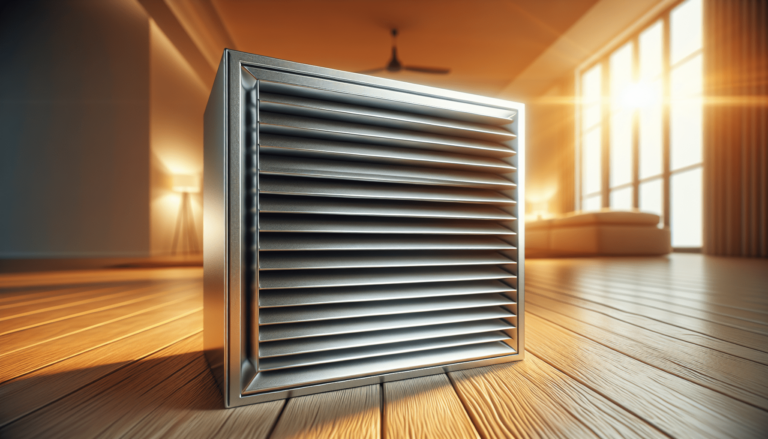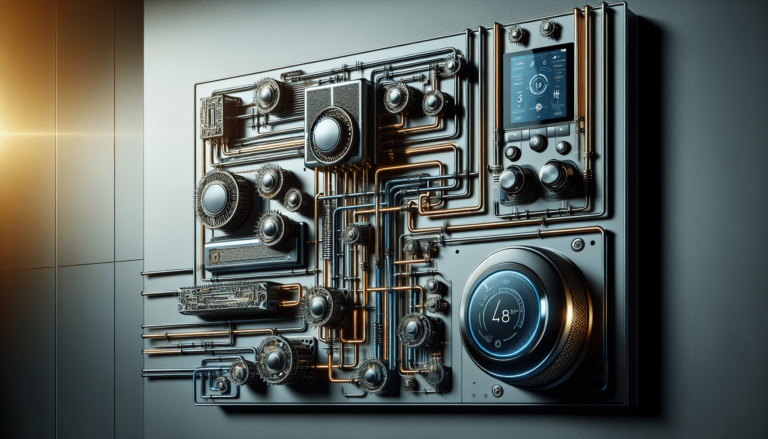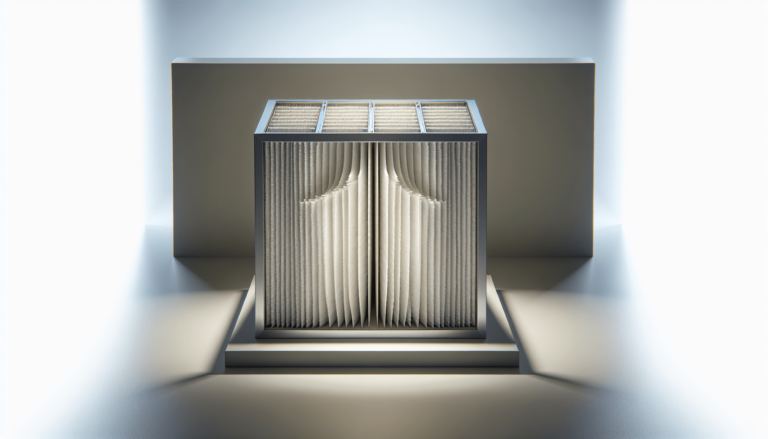

HVAC Services
Get Professional Repairs From The Area's Trusted HVAC Technicians. Ask About Our Services! We Offer Professional Heating & Cooling System Repairs And Guarantee Long-Lasting Results.
Got Question? Call us: (850) 678-2665Financing
Importance Of Proper Insulation For HVAC Efficiency
Learn why proper insulation is crucial for HVAC efficiency! Enhance comfort, save energy, and extend system lifespan. Expert tips and advice.

Are you looking to enhance the efficiency of your HVAC system? Proper insulation is key to ensuring optimal performance and energy savings. By insulating your home or business, you can prevent heat loss in the winter and keep cool air from escaping in the summer. This not only improves comfort levels but also reduces the workload on your HVAC unit, ultimately lowering your energy bills. For expert advice and quality insulation services, consider contacting Tempacure Heating and Air Conditioning in Niceville, FL. Their team of professionals can help you boost the efficiency of your HVAC system and save money in the long run. Choose insulation today for a more comfortable and cost-effective indoor environment.
Have you ever wondered why your HVAC system doesn’t seem to be working as efficiently as it should? The key to maximizing the performance of your heating and cooling system lies in proper insulation. In this article, we will discuss the importance of proper insulation for HVAC efficiency and how it can help you save money on your energy bills. Let’s dive in and learn more about this crucial aspect of home comfort.
Why Proper Insulation is Essential for HVAC Efficiency
Proper insulation in your home plays a vital role in regulating the temperature and maintaining the efficiency of your HVAC system. Without adequate insulation, heat or cold air can easily escape from your home, causing your HVAC system to work harder to maintain the desired temperature. This not only leads to a decrease in your comfort level but also results in higher energy bills.
How Proper Insulation Impacts Heating Efficiency
When your home is well-insulated, it helps in retaining the heat generated by your HVAC system. This means that during the colder months, your furnace or heat pump doesn’t have to work as hard to keep your home warm. Proper insulation minimizes heat loss through walls, ceilings, floors, and attics, allowing your heating system to operate efficiently and effectively.
How Proper Insulation Impacts Cooling Efficiency
Similarly, in the summertime, proper insulation helps in keeping the cool air generated by your air conditioner inside your home. Without adequate insulation, the cold air can escape through the walls, windows, and doors, forcing your AC unit to run continuously to maintain a comfortable temperature. This not only puts a strain on your HVAC system but also leads to higher energy consumption and increased cooling costs.
Signs of Inadequate Insulation
It’s essential to be aware of the signs of inadequate insulation in your home to address the issue promptly and improve the efficiency of your HVAC system. Here are some common indicators that your home may be lacking proper insulation:
High Energy Bills
If you notice a sudden increase in your energy bills without any change in your energy consumption habits, it could be a sign of inadequate insulation. When your home is not well-insulated, your HVAC system has to work harder to maintain a comfortable temperature, resulting in higher energy costs.
Fluctuating Temperatures
Do you find it challenging to maintain a consistent temperature in your home? Fluctuating temperatures from room to room can indicate inadequate insulation. Proper insulation helps in distributing the warm or cool air evenly throughout your home, ensuring consistent comfort levels in every space.
Drafts and Cold Spots
Do you feel drafts or notice cold spots in certain areas of your home? These can be a result of air leakage due to insufficient insulation. By addressing these drafts and cold spots, you can improve the efficiency of your HVAC system and enhance the overall comfort of your home.
Benefits of Proper Insulation for HVAC Efficiency
Investing in proper insulation for your home offers a wide range of benefits that go beyond just improving the efficiency of your HVAC system. Let’s explore some of the advantages of having adequate insulation:
Energy Savings
One of the most significant benefits of proper insulation is the potential for energy savings. When your home is well-insulated, your HVAC system doesn’t have to work as hard to maintain the desired temperature, leading to lower energy consumption and reduced heating and cooling costs. By improving the efficiency of your HVAC system through insulation, you can save money on your monthly energy bills.
Increased Comfort
Proper insulation helps in creating a more comfortable living environment by maintaining a consistent temperature throughout your home. With adequate insulation, you can say goodbye to cold drafts in the winter and hot spots in the summer, ensuring that every room in your home is comfortable and inviting.
Extended HVAC System Lifespan
By reducing the workload on your HVAC system, proper insulation can help in extending the lifespan of your heating and cooling equipment. When your HVAC system doesn’t have to run constantly due to inadequate insulation, it experiences less wear and tear, leading to fewer breakdowns and repairs over time.
Environmental Responsibility
Improving the efficiency of your HVAC system through proper insulation also contributes to environmental sustainability. By reducing your energy consumption, you are decreasing your carbon footprint and helping to conserve natural resources. Proper insulation is a simple yet effective way to make your home more environmentally friendly and energy-efficient.
Types of Insulation Materials
When it comes to choosing the right insulation for your home, there are various types of materials available to meet your specific needs and budget. Understanding the different insulation options can help you make an informed decision and ensure that your home is adequately protected from heat loss and gain. Here are some common types of insulation materials used in residential properties:
Fiberglass Insulation
Fiberglass insulation is one of the most popular and widely used insulation materials in homes. It consists of tiny glass fibers that are woven together to create a fluffy, lightweight material. Fiberglass insulation is available in batts, rolls, and loose-fill forms, making it versatile and easy to install in different areas of your home, such as walls, ceilings, and attics.
Cellulose Insulation
Cellulose insulation is made from recycled paper materials treated with fire-retardant chemicals. It is an environmentally friendly option that offers excellent thermal resistance and soundproofing qualities. Cellulose insulation is commonly installed in wall cavities, attics, and floors to help reduce heat transfer and improve energy efficiency.
Spray Foam Insulation
Spray foam insulation is a high-performance insulation material that expands upon application to create a tight seal in gaps and cracks. It provides superior thermal resistance and air sealing properties, making it an ideal choice for insulating hard-to-reach areas and irregularly shaped spaces. Spray foam insulation is commonly used in walls, ceilings, and floors to enhance energy efficiency and indoor comfort.
Rigid Foam Insulation
Rigid foam insulation is a dense, durable material that offers excellent thermal resistance and moisture resistance. It comes in the form of boards or panels that can be easily cut to fit specific areas of your home. Rigid foam insulation is commonly used in exterior walls, basements, and crawl spaces to provide an additional layer of insulation and prevent heat loss or gain.
Reflective Insulation
Reflective insulation is a type of insulation that incorporates reflective surfaces to reflect heat away from your home. It is often used in hot climates to reduce heat gain and improve cooling efficiency. Reflective insulation can be installed in attics, walls, and roofs to create a barrier against radiant heat and enhance the overall thermal performance of your home.
Tips for Insulating Your Home
Properly insulating your home is a crucial step towards improving the efficiency of your HVAC system and enhancing the overall comfort of your living space. Whether you’re considering adding insulation to your attic, walls, or floors, here are some essential tips to help you get started with your insulation project:
Conduct a Home Energy Audit
Before you begin insulating your home, consider conducting a professional home energy audit to assess your current insulation levels and identify areas of improvement. A home energy audit can help you determine which areas of your home need additional insulation and how to address any existing air leaks or drafts effectively.
Seal Air Leaks
In addition to adding insulation, it’s essential to seal any air leaks or drafts in your home to prevent heat loss and improve energy efficiency. Use caulk, weatherstripping, or spray foam to seal gaps and cracks around windows, doors, and electrical outlets. By reducing air leakage, you can maximize the effectiveness of your insulation and enhance the performance of your HVAC system.
Insulate Your Attic
The attic is one of the most critical areas of your home when it comes to insulation. Properly insulating your attic can help in preventing heat loss during the winter and heat gain during the summer. Consider adding fiberglass, cellulose, or spray foam insulation to your attic to create a thermal barrier that keeps your home comfortable year-round.
Insulate Exterior Walls
Insulating exterior walls is another essential step in improving the energy efficiency of your home. Depending on the construction of your walls, you can choose between fiberglass batts, rigid foam boards, or spray foam insulation to create a well-insulated thermal envelope. Insulating exterior walls helps in reducing heat transfer and maintaining a consistent temperature inside your home.
Insulate Floors and Crawl Spaces
Don’t forget to insulate floors and crawl spaces in your home to prevent heat loss and improve overall energy efficiency. Adding insulation to the floors above unconditioned spaces can help in maintaining a comfortable temperature and reducing energy consumption. Consider installing batts, rolls, or rigid foam insulation in your floors and crawl spaces to enhance the insulation value of your home.
Conclusion
Proper insulation is essential for maximizing the efficiency of your HVAC system and creating a comfortable living environment. By investing in adequate insulation for your home, you can enjoy energy savings, increased comfort, and extended HVAC system lifespan. Whether you choose fiberglass, cellulose, spray foam, or reflective insulation, ensuring that your home is well-insulated is a smart investment that pays off in the long run. Take the time to evaluate your current insulation levels, address any air leaks or drafts, and consider adding insulation to key areas of your home to enhance energy efficiency and improve HVAC performance. With proper insulation, you can make your home more energy-efficient, environmentally friendly, and comfortable for years to come.







